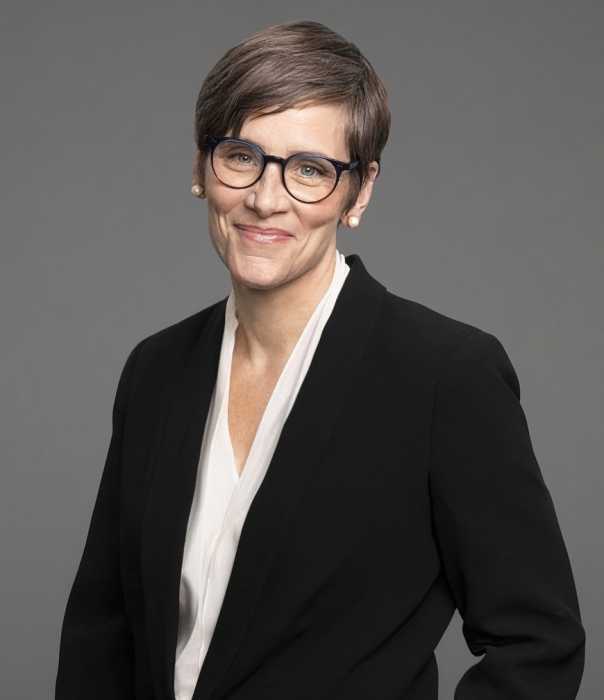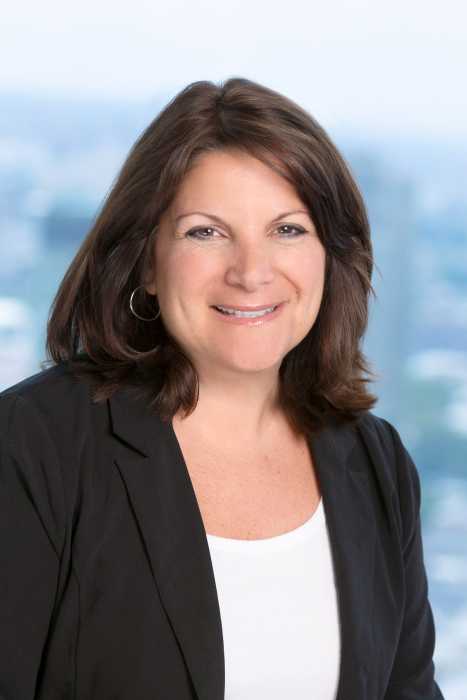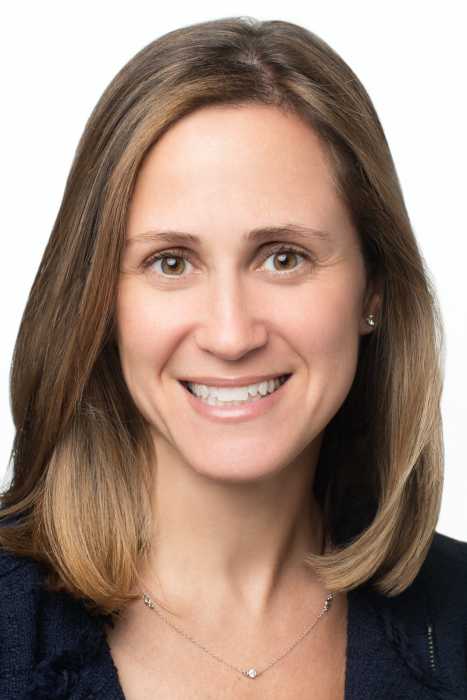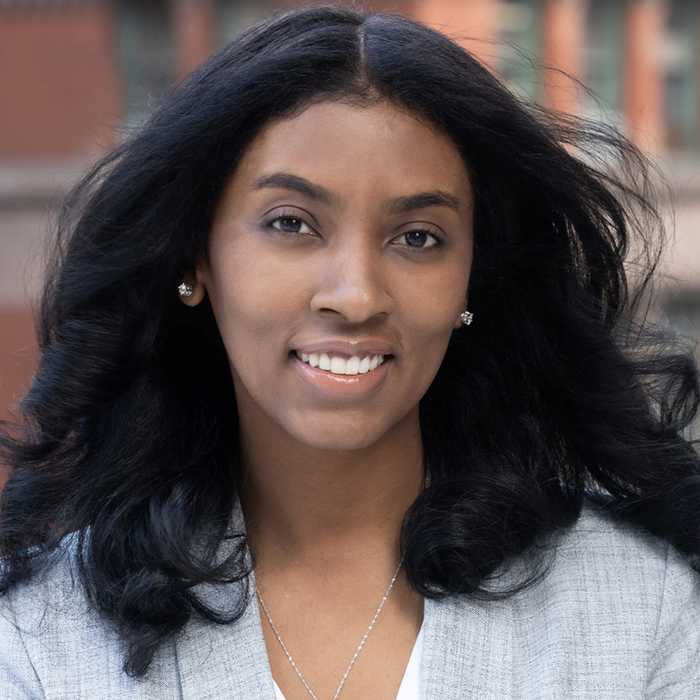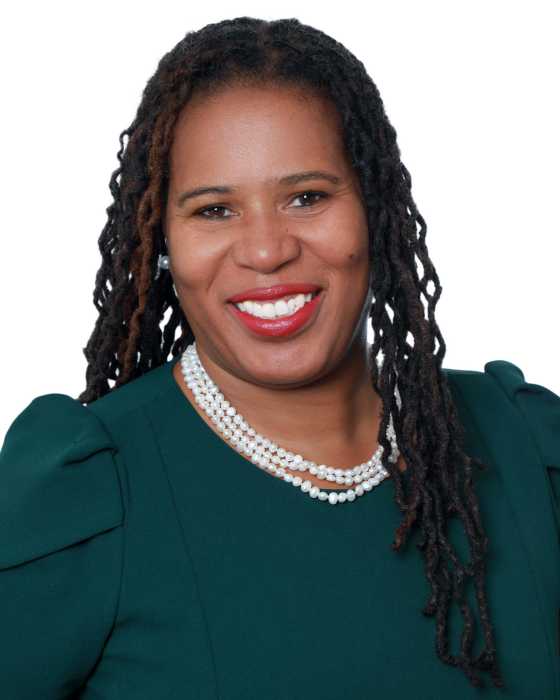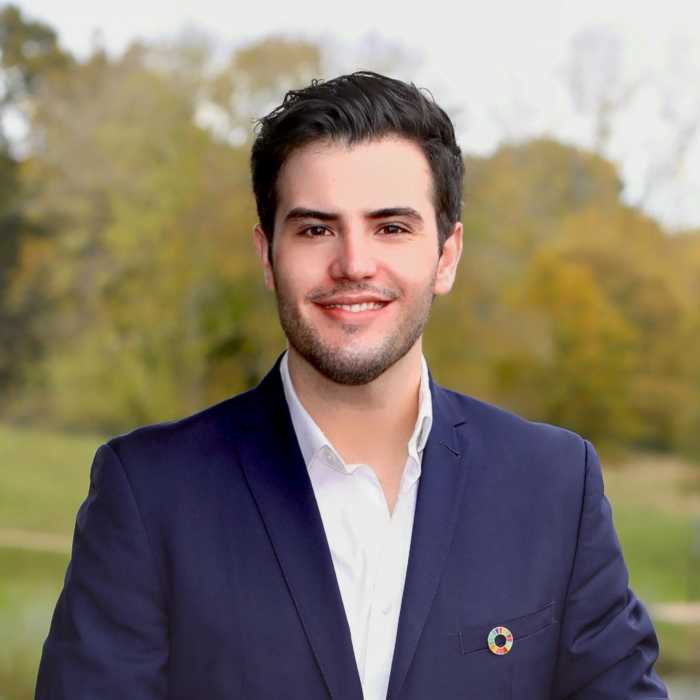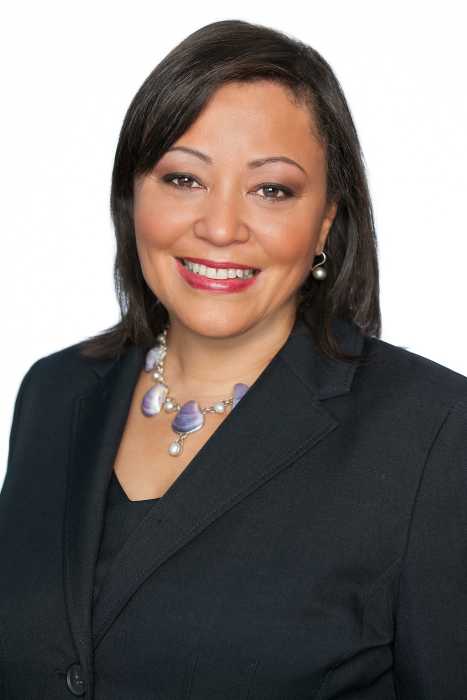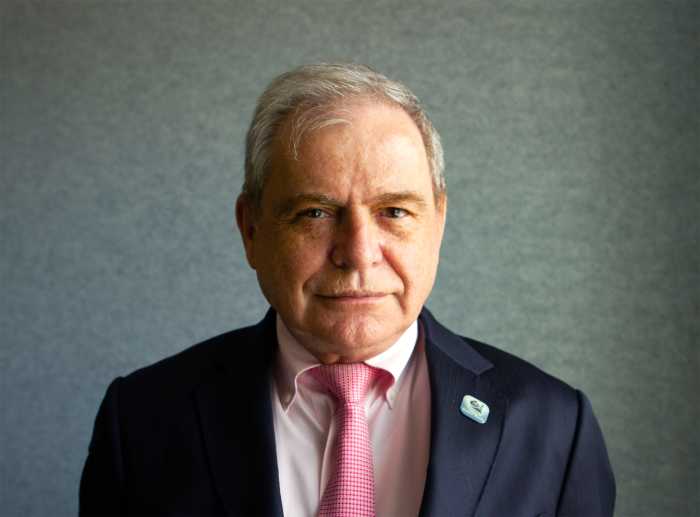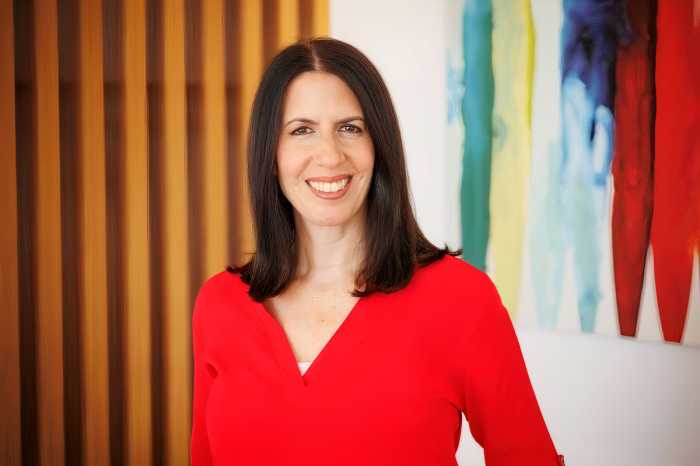Nancy Mahon is a transformational, collaborative leader with deep global experience in enterprise-wide management as well as leading environmental, social and governance (ESG) strategy, operations, marketing, reporting and risk reduction. Nancy is a trusted and sought-after advisor, speaker and enterprise ambassador. She is committed to taking the long view on building sustainable and inclusive companies, teams and communities. Nancy oversees the enterprise-wide leadership initiative on sustainability and serves on the Inclusion and Diversity Council.
How do you define corporate social responsibility?
We continue deepening our understanding of how our work impacts the environment and communities where we live, work, and source, focusing on issues that aren’t only strategically relevant to the Company, but of critical importance to our world. Our role as a global company is to be responsible for our business and have a global impact at the same time – seeking opportunities for innovation, partnerships, and our operations that benefit the world and are good for business.
What are your organization’s CSR goals?
Our goals are an important part of our strategy to embed social impact and sustainability into business operations. We’ve maintained a steady pace towards achieving commitments across areas including ingredients, sourcing, packaging and climate. For example, 71% of our packaging is now recyclable, refillable, reusable, recycled, or recoverable. For four years, we have achieved carbon neutrality across our Scope 1 and Scope 2 greenhouse gas emissions and sourced 100% renewable electricity globally for direct operations.
Why did you choose to pursue a career within CSR?
I trained as a public interest lawyer at NYU. I didn’t feel the courtroom was where I could make my biggest impact and spent much of my career in the nonprofit world, focusing on access to serving as Executive Director of God’s Love We Deliver. At God’s Love, MAC Cosmetics was our largest funder and invited me to lead their MAC Viva Glam campaign. I learned how purpose drives brands and the importance of strong content to connect with consumers.


